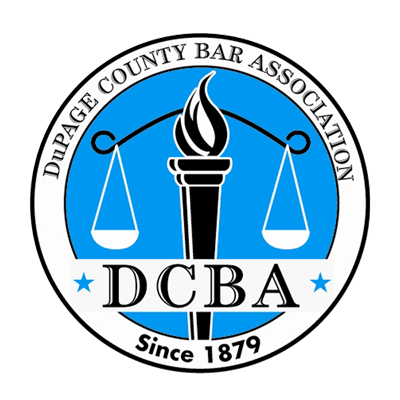
According to the most current statistical research, approximately ten percent of the senior population will suffer from some type of abuse or neglect at some point. A high number of these incidents take place in nursing homes, often right under the noses of family members and loved ones. Perhaps even more concerning is the number of occurrences that never get reported to the authorities. While several studies estimate 1 in 14 nursing home abuse cases go unreported, one disturbing study in New York put the number at 24 nursing home incidents unreported for each one that is reported.
Why do so many incidents of nursing home abuse fly under the radar? One probable explanation is that the early warning signs can be very subtle—sometimes even mistaken as the natural signs of aging—and many times, people simply don’t know what to look for. The key to stopping elder abuse is to detect it as soon as possible, so let’s take a look at some of the common first warning signs of nursing home abuse or neglect.
Listlessness or Disorientation
Victims of nursing home abuse or neglect often present symptoms of haziness, listlessness, or confusion. The reasons can range from being over-medicated to basic shock over systemic abuse. Unless your loved one has been diagnosed with senility or dementia, don’t assume this behavior is normal. If you notice a pattern, it may be time to dig deeper.
Apparent Incontinence
If your loved one begins having frequent “accidents,” it may be a result of age—or it may also be a sign of abuse or neglect. It may be a failure of the nursing staff to help your loved one to the bathroom; it could also be a physiological reaction to active physical, emotional, or sexual abuse. If your loved one already struggled with incontinence, the appearance of diaper rash or skin irritation may also result from the staff failing to change your loved one regularly.
Weight Loss
Unexplained weight loss should always be investigated. Sometimes seniors experience weight loss due to some medical issue. Still, if the doctor can’t diagnose it precisely, the weight loss could also be due to malnourishment, infrequent meals, or because the staff isn’t helping your loved one to eat. If neglect is the case, you may also notice accompanying signs like physical weakness, dry, cracked lips, swollen tongue, or signs of dehydration.
Bed Sores
Bedsores (the medical term is “pressure ulcers”) occur from being left in bed in the same position for too long. Bedsores are occasionally unavoidable, but usually only for hospital patients who are in ICU or comatose. In a nursing home, they are widely preventable, so if they appear on your loved one in nursing care, it’s a red flag.
Unexplained Cuts or Bruises
Active people sustain cuts and bruises regularly as a part of life, but for the elderly in nursing homes who are not active, the appearance of bruising and scratches may be a sign of neglect at best, or abuse at worst. Unless your loved one or the staff can provide a clear explanation, these marks should be considered an early warning sign, especially if you see it more than once.
Poor Hygiene
Dirty clothes, unwashed hair, long fingernails/toenails, body odor, the smell of urine or feces…these are all indicators that your loved one may not be receiving proper attention from the nursing staff. Pay attention when you notice these signs.
Change in Emotional State
Some types of abuse (for example, emotional or psychological abuse) won’t show any physical signs or symptoms. It may, however, show up as an unexplained negative change in your loved one’s mood or behavior. This may show up as hopelessness and depression, or conversely as agitation, heightened fear, sudden outbursts, etc. These behavioral symptoms may indicate that your loved one is being abused or mistreated, even if no other signs are present.
What to Do If You Suspect Nursing Home Abuse or Neglect
While the signs of abuse or neglect may be subtle, choosing to overlook these early warning signs may result in further suffering for your loved one if abuse is taking place—and sometimes even premature death. Never be afraid to err on the side of caution when it comes to your loved one. If you notice any of these indicators and fear they may be a sign of danger, reach out to an experienced elder abuse attorney as soon as possible.
The Cullotta Bravo Law Group in Aurora and Chicago, Illinois, has many years of proven experience with nursing home abuse cases, and we can help you and your loved one receive the justice and compensation you deserve. Call us at 630-225-8341 to schedule a consultation, or contact us online.





